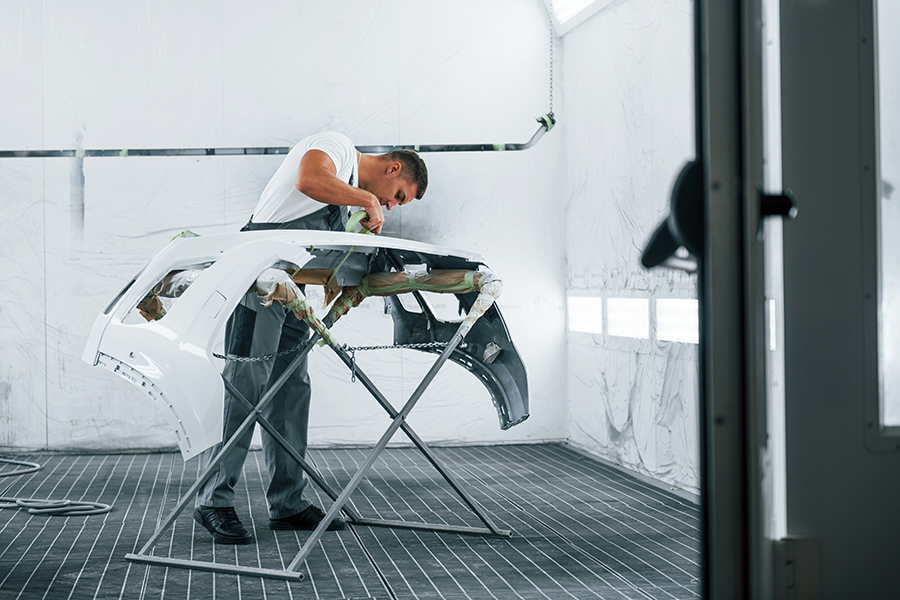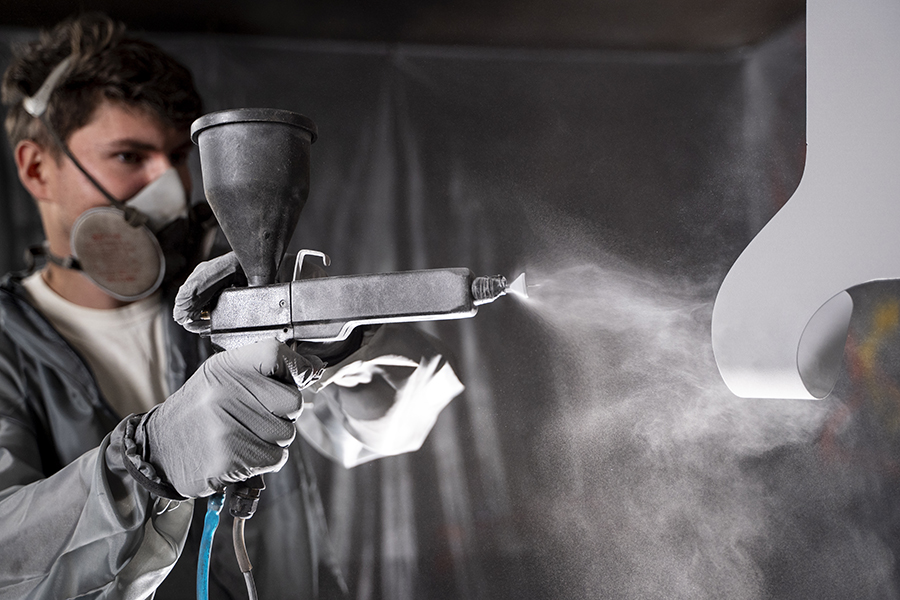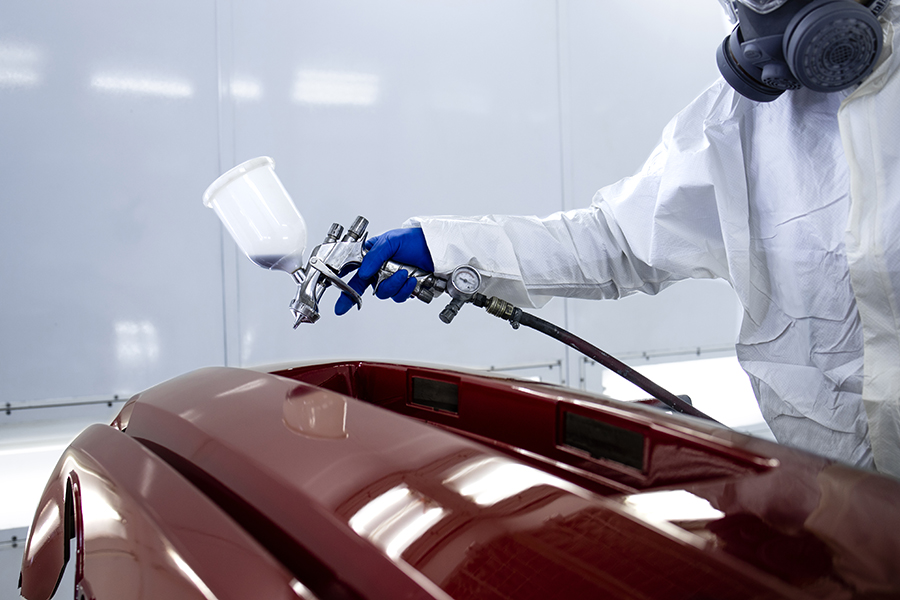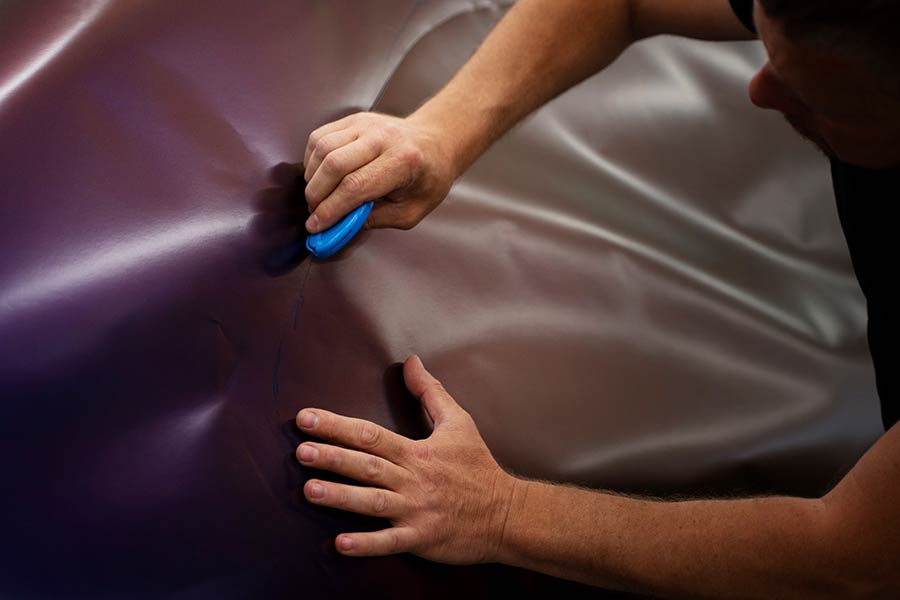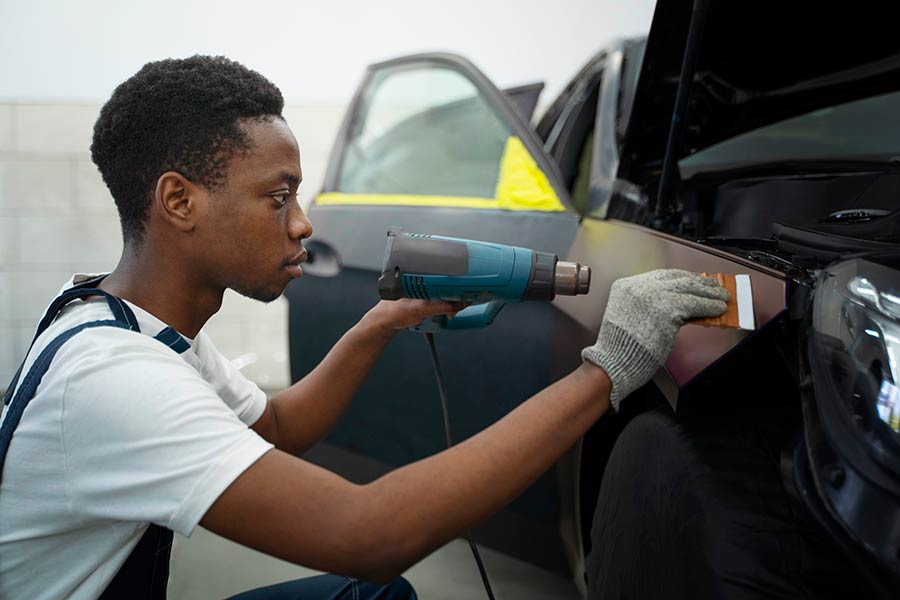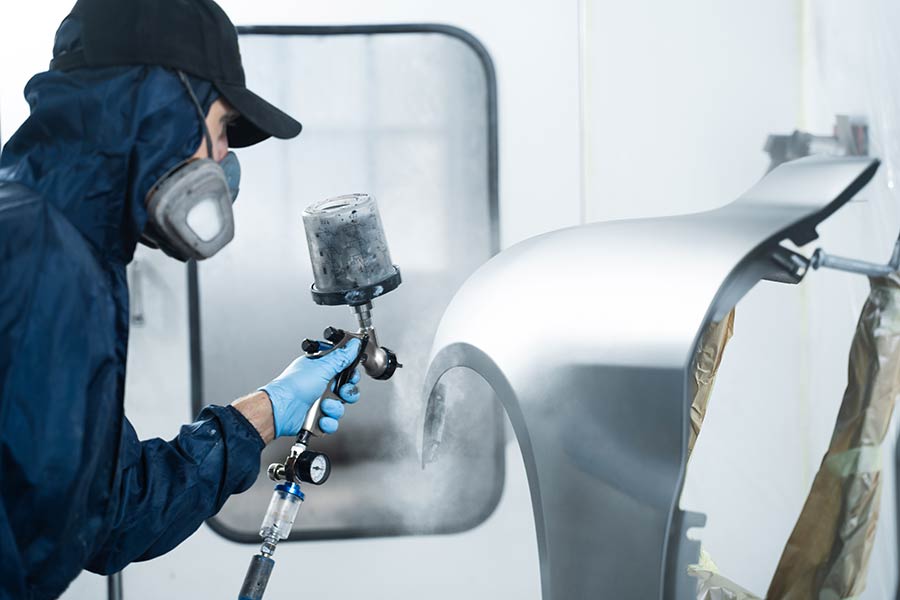Got paint scratches on your car? You're not alone. Cars have been getting scratched since the first Model T hit the road. Those pesky marks can make your ride look like it survived a dinosaur attack. But don't worry, fixing them is easier than you think. With a little elbow grease and some handy tips, you can make your car shine like new. We’ll dive into simple ways to tackle those scratches without breaking the bank. So, let's roll up our sleeves and get started on making your car sparkle again!
Key Takeaways
- Identify Scratch Type: Know if it's a surface scratch or deeper. This helps in choosing the right fix.
- DIY Repairs: Small scratches can often be fixed at home with simple tools and products.
- Choose Right Products: Use quality scratch removers. They work better and last longer.
- Try Alternatives: Toothpaste or baking soda can be quick fixes for minor scratches.
- Prevent Future Scratches: Regular waxing and careful parking can help avoid new scratches.
- Consult a Professional: For deep scratches, it's best to seek expert help to avoid more damage.
Understanding Car Scratches
Types of Scratches
Car scratches come in different types. Clear coat scratches only affect the top layer. These are the easiest to fix. Paint scratches go deeper and reach the color layer. They need more attention. Deep scratches are the most serious. They reach down to the metal or plastic.
Causes of Scratches
Many things can cause car scratches. Keys and sharp objects often leave marks on cars. Environmental factors like branches or gravel can also scratch surfaces. Parking lots are risky, too. Accidental bumps happen often.
Scratch Severity Levels
Scratches have different severity levels. Minor scratches stay on the surface with no depth. They are mostly cosmetic issues. Moderate scratches affect the paint layer. You might see the color change in these spots. Severe scratches expose metal or plastic underneath.
Repairing Car Scratches
DIY Repair Methods
Toothpaste can help with minor surface scratches. Its gentle abrasive properties polish the scratch. Apply a small amount and rub gently with a soft cloth. For small paint scratches, use scratch repair pens. These pens have paint that matches your car's color. Apply the pen to fill in the scratch.
For deeper scratches, sand and polish carefully. Use fine sandpaper to smooth the area. Polish it afterward for a shiny finish. Always follow instructions on products for best results.
Professional Repair Options
Body shops offer comprehensive scratch repairs. They have the tools and skills needed for all types of scratches. If convenience matters, consider mobile scratch repair services. They come to your location and fix the problem on-site.
Dealership services are another option, especially for warranty-covered vehicles. They ensure high-quality repairs using original parts and paints. This choice might be more costly but ensures reliability.
Cost Considerations
Compare DIY costs versus professional service fees. DIY methods often cost less but require time and effort. You need materials like paint, sandpaper, and tools, which add up in price.
Professional services can be more expensive upfront but save time and provide quality results. Evaluate long-term savings versus immediate expenses when deciding. Sometimes investing more now saves money later by avoiding further damage.
Choosing Scratch Removers
Top Products in 2024
Scratch repair kits are popular this year. Turtle Wax and Meguiar’s are leading brands. They are known for quality results. Many users like these products based on reviews and ratings.
3M Scratch Remover is also a top choice. It has good feedback for ease of use. People say it works well on small scratches. These products help make scratches less visible.
Factors to Consider
Look at the scratch's depth and location first. Shallow scratches might be easier to fix. Deep ones may need more work.
Think about your car's age and condition too. Older cars might have faded paint. Newer cars often have shinier finishes.
You should also consider your time and skill level. Some repairs take longer than others. If you’re busy, quick fixes might be better.
Product Effectiveness
Test products on a small area first. This helps check if it works well with your car's paint.
Always read product instructions carefully. They guide you for the best results. Some products need special steps or tools.
Check if the remover is compatible with your paint type. Not all removers work on every car paint. Using the wrong one could make things worse.
Alternative Scratch Solutions
Household Items for Repair
Household items can help fix car scratches. Baking soda is one option. It acts as a gentle abrasive. Mix it with water to form a paste. Rub it lightly on the scratch using a soft cloth.
Nail polish is another choice. It provides a quick, temporary touch-up. Choose a color that matches your car. Apply it carefully over the scratch.
Before starting any repair, clean the area first. A mix of vinegar and water works well. Spray it on the scratched area and wipe with a clean cloth.
Professional Detailers
Professional detailers offer specialized services for scratch removal. Research local detailers in your area. Look for those with good reputations. Customer reviews can help you decide.
Ask about their specific services for scratches. Some might use advanced techniques or tools. It's important to verify their certifications and experience levels too.
Pros and Cons
There are pros and cons to both DIY and professional repairs. DIY methods, like using household items, may save money. However, they might not offer long-lasting results.
Professional repairs could provide better quality. They often use specialized equipment and materials. But these services can be costly.
Consider how much time you are willing to invest. DIY repairs might take longer if you're unfamiliar with the process. Balance cost savings against potential quality differences when deciding which method suits you best.
Final Remarks
Fixing car scratches is like giving your ride a facelift. You’ve got the lowdown on understanding and repairing them, picking the right scratch removers, and even trying some alternative solutions. It’s all about making those pesky marks vanish like magic. Your car deserves to shine without those battle scars.
Now, it's your turn to take action. Roll up your sleeves and get hands-on with these tips. Your car will thank you with its gleaming look. Remember, a little effort goes a long way in keeping your vehicle looking slick and span. So, why wait? Dive in and make your car sparkle again!
Frequently Asked Questions
What causes paint scratches on a car?
Paint scratches can happen due to various reasons like brushing against a branch, minor accidents, or even careless parking. Think of your car's paint as its skin; it's vulnerable to the elements and everyday mishaps.
How can I tell if a scratch is deep?
Run your fingernail over the scratch. If it catches, it's likely deep. Imagine it like a paper cut versus a surface scratch—one needs more attention than the other.
Can I repair car scratches myself?
Yes, minor scratches can be DIY fixes with the right products. It’s like baking a cake; follow the instructions carefully, and you’ll get sweet results.
What are some good scratch removers?
Look for products with good reviews that suit your car's paint type. It's like choosing the right shampoo for your hair—what works for one might not work for another.
Are there alternatives to commercial scratch removers?
Yes, household items like toothpaste or baking soda can sometimes help. They’re like home remedies for your car—useful in a pinch but not always foolproof.
How often should I check my car for scratches?
Regularly inspect every couple of weeks. Think of it as giving your car a health check-up to catch small issues before they become big problems.
Is professional repair worth it for deep scratches?
For deep scratches, professional repair is often worth it. It's like going to a doctor for stitches rather than using a band-aid on a gash—it ensures proper treatment.
